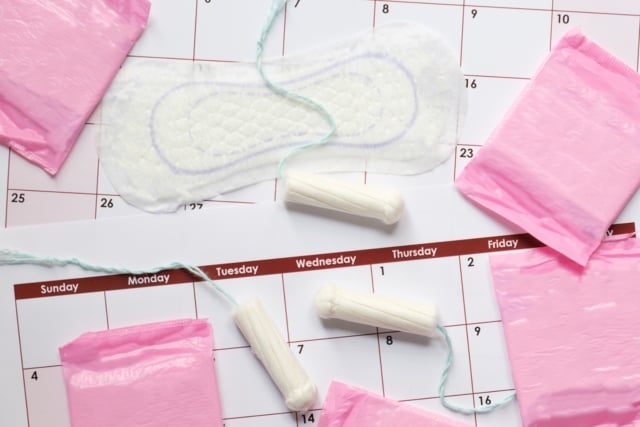The plan supported by the government would see the 'standard' 7.7 percent VAT rate currently imposed on tampons and other period products brought down to the so-called 'reduced rate' of 2.5 percent.
This 'reduced rate' is what Swiss consumers pay on items including food, books and medicines.
The motion to have the tax level reduced was put forward by Socialist MP Jacques-André Maire who said the current tax on period products meant women were “unjustly penalised to a high degree”.
In the text of his motion (here in French), he noted it was “surprising” that products like floral arrangements and even animal litter were subject to the 2.5 percent tax rate, but not women’s sanitary products.
The MP also noted that countries like Ireland, India and Australia had scrapped the so-called tampon tax, while the European Union has paved the way for countries to be able to either lower the tax or get rid of it altogether.
Maire also said changing the tax rate in Switzerland would have very little effect on state coffers, reducing VAT revenue by just 10 to 15 million Swiss francs from a total of 22 billion francs (€19.4 billion).
The parliament must now approve the changes before they come into effect.



 Please whitelist us to continue reading.
Please whitelist us to continue reading.
Member comments